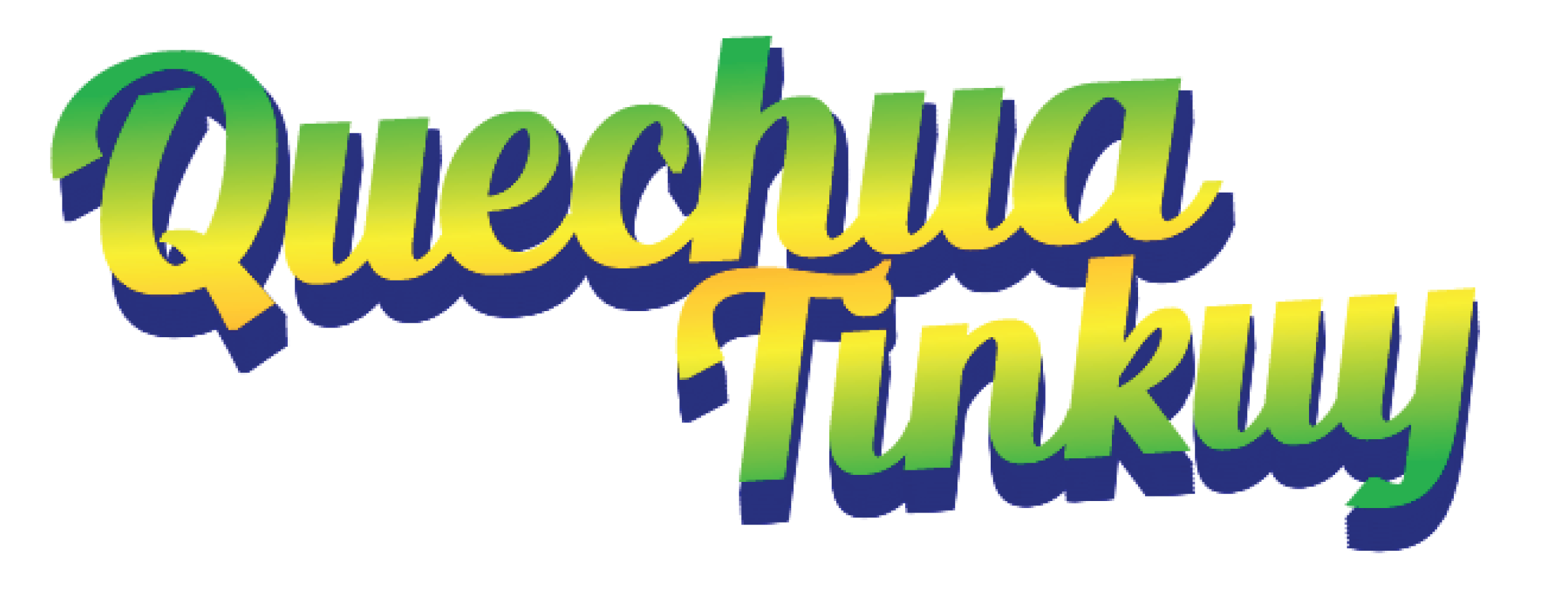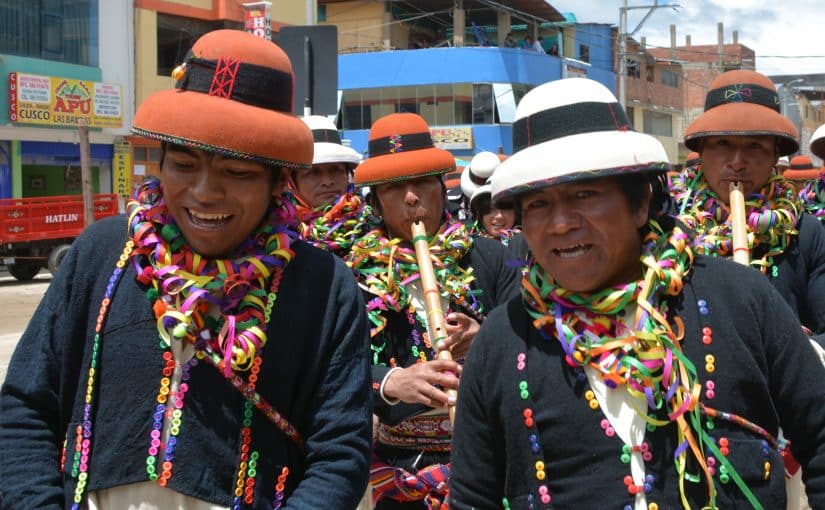
Qallarinapaq | Introduction
In this unit we will learn greeting in Quechua and we will focus on frequently asked questions, for example, personal presentations, asking names, asking what a person does, where someone is from, and we will end with common ways to say goodbye in Quechua.
There are many greetings to start a conversation, for example: ¿Allillanchu? which means How are you?
It can be used in formal and informal contexts, this short greeting is generally responded to in the following way:
allillanmi which means I am well..
The form of address to one person or another in Quechua is based on the use of the terms brother and sister.To greet other people the terms brother or sister are used according to who you are speaking to.
The terms to address other people are: ñaña, tura, pana and wawqi. However, to address another person at the end of each word we add the first person possessive suffix «y», For example:
En cases where the speaker is male wawqi becomes wawqiy which means my brother or pana becomes panay which means mi hermanaWhen we say my brother or my sister the pronunciation accent goes on the last syllable. That is to say, it becomes an oxytone word.
Let's look at the following table of greetings and the use of the possessive suffix «y»:
| Who is being addressed? | How? | Examples |
|---|---|---|
| From woman to woman | They are addressed with the word ñañay (my sister) | ¿Allillanchu ñañay María?¿Allillanchu ñañay Bertha?¿Allillanchu ñañay Isabel? |
| From woman to man | They are addressed with the word turay (my brother) | ¿Allillanchu turay Jorge?¿Allillanchu turay Nilton?¿Allillanchu turay Raul? |
| From man to woman | They are addressed with the word panay (my sister) | ¿Allillanchu panay Cirila?¿Allillanchu panay Kathy?¿Allillanchu panay Anselma? |
| From man to man | They are addressed with the word wayqiy (my brother) | ¿Allillanchu wayqiy Ladislao?¿Allillanchu wayqiy Oswaldo?¿Allillanchu wayqiy Saul? |

Qillqa | Grammar
From woman to woman
Matilde: How are you, sister?
Bertha: I am well, sister
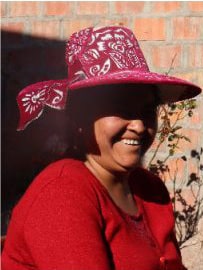
Matilde: ¿Allillanchu ñañay?
Bertha: ¿Allillanmi ñañay?
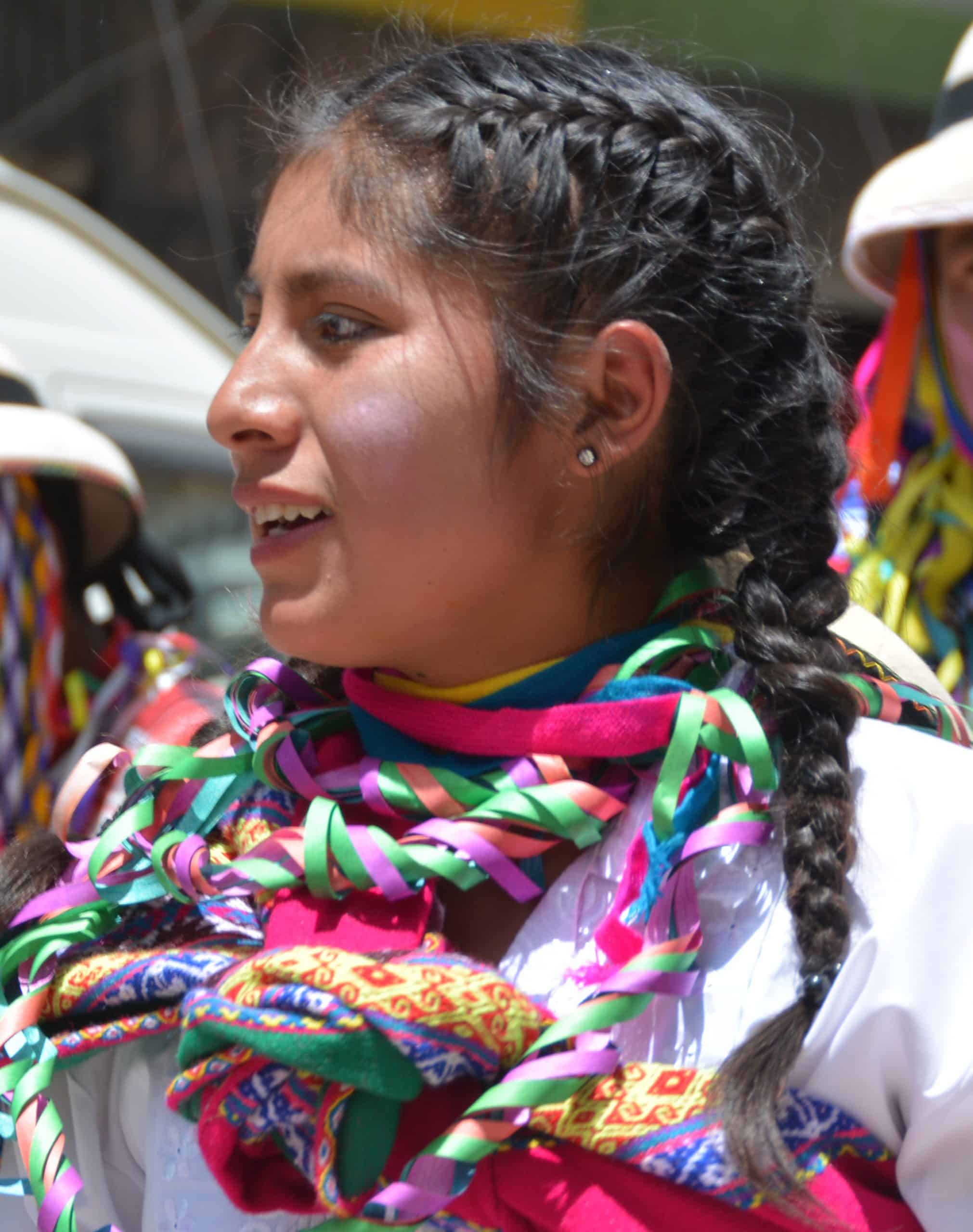
From woman to man
Matilde: How are you, brother?
Roger: I am well, sister

Matilde: ¿Allillanchu turay?
Roger: ¿Allillanmi panay?
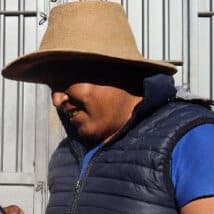
From man to woman
Roger: How are you, sister?
Matilde: I am well, brother

Roger: ¿Allillanchu panay?
Matilde: ¿Allillanmi turay?
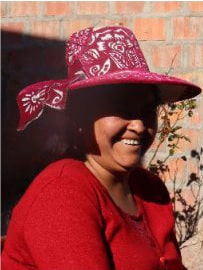
From man to man
Roger: How are you, brother?
Timoteo: I am well, brother

Roger: ¿Allillanchu waiqiy?
Timoteo: ¿Allillanmi waiqiy?

As we have seen, the basic questions to begin a conversation are ¿allillanchu? to ask how are you? and the other interlocutor responds with allillanmi (I am well).
Note: The question ¿allillanchu? in a literal translation to English would be are you good? but it is generally understood as how are you?.
Let's look at the most common questions and answers in a conversation:
| PREGUNTA | → | RESPUESTA |
|---|---|---|
| ¿Allillanchu? (How are you?) | → | Allillanmi (I am good) |
| ¿Imaynallan? (How are you?) | → | Allillanmi / allinllan (I am good) |
| ¿Waliqllachu? (Are you well?) | → | Waliqllan (I am well) |
| ¿Hawkallachu? (Are you well?) | → | Hawkallan (I am well) |
| ¿Iman sutiyki? (What is your name?) | → | Pedro sutiy (My name is Pedro) |
| ¿Maymanta kanki? (Where are you from?) | → | Punomanta kani (I am from Puno) |

Rimanakuna | Vocabulary
Keep in mind the following words that are used in this unit that will allow you to enrich your vocabulary.
| Ñaña | sister (sister of a woman) |
| Tura | Brother (brother of a woman) |
| Pana | sister (sister of a man) |
| Wawqi | brother (brother of a man) |
| Suti | name |

Ruwapakuy | Exercises
Greetings – Riqsinakusun

Rosa: ¿Allillanchu turay?
Antonio: Allillanmi panay.
Rosa: ¿Iman sutiyki?
Antonio: Antonio sutiy. ¿Iman sutiyki?
Rosa: Rosa sutiy.


Rosa: ¿Allillanchu ñañay?
Irene: Allillanmi ñañay.
Rosa: ¿Iman sutiyki?
Irene: Irene sutiy. ¿Iman sutiyki?
Rosa: Rosa sutiy.

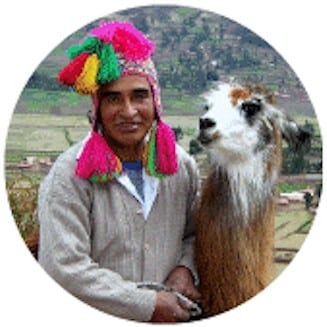
Francisco: ¿Allillanchu wayqey?
Antonio: Allillanchu wayqey.
Francisco: ¿Iman sutiyki?
Antonio: Antonio sutiy. ¿Iman sutiyki?
Francisco: Francisco sutiy.

Exercise 1
Next, click on each play icon and repeat the following dialogues out loud:
| Audio | Pregunta | Respuesta |
|---|---|---|
| ¿Allillanchu? (How are you?) | Allillanmi (I am good) | |
| ¿Imaynallan? (How are you?) | Allillanmi (I am good) | |
| ¿Imaynallan? (How are you?) | Allinllan (I am good) | |
| ¿Waliqllachu? (Are you well?) | Waliqllan (I am well) | |
| ¿Hawkallachu? (Are you well?) | Hawkallan (I am well) | |
| ¿Iman sutiyki? (What is your name?) | Pedro sutiy (My name is Pedro) | |
| ¿Maymanta kanki? (Where are you from?) | Punomanta kani (I am from Puno) |
Exercise 2
Please pay attention to each image and in a notebook fill in the blanks as appropriate (ñañay, panay, turay or wayqiy).
Additionally, fill in the blank spaces in the conversations:
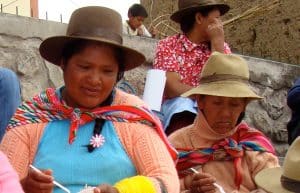
Ana: ¿Iman sutiyki ñañay?
Karla: Karla sutiy ñañay
María: _____________________
Martha: ___________________
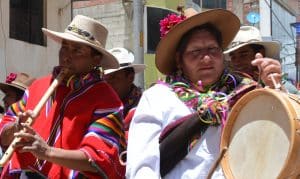
Ambrosio: ¿Allillanchu panay Dorotea?
Dorotea: Allillanmi ________ Ambrosio
Carlos: ______________________
Inés: _________________________
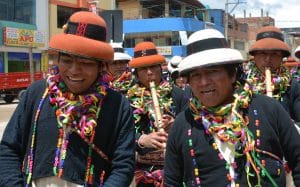
Pedro: ¿Iman sutiyki wayqey?
Alfredo: Alfredo sutiy _______
Guillermo: _____________________
Carlos: _________________________
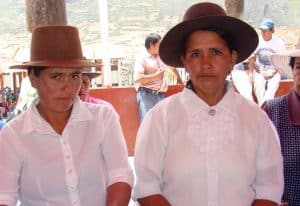
Fortunata: ¿Allillanchu ñañay Teresa?
Teresa: Allillanmi _______ Fortunata
Lizbeth: _____________________
Juana: _______________________
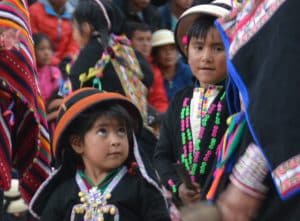
Roberto: ¿Waliqllachu panay Urpi?
Urpi: Waliqllan _______ Roberto
Elvis: __________________________
Mariela: _______________________
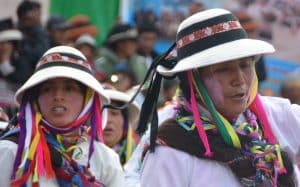
Ch’aska: ¿Haukallachu ñañay Ch’aska?
K’antu: Haukallan _______ K’antu
Celia: ___________________________
Valentina: ______________________
